EE Cash on Tap contactless payments now accepted on London buses
EE confirms commuters can now use their smartphones to pay for London bus journeys
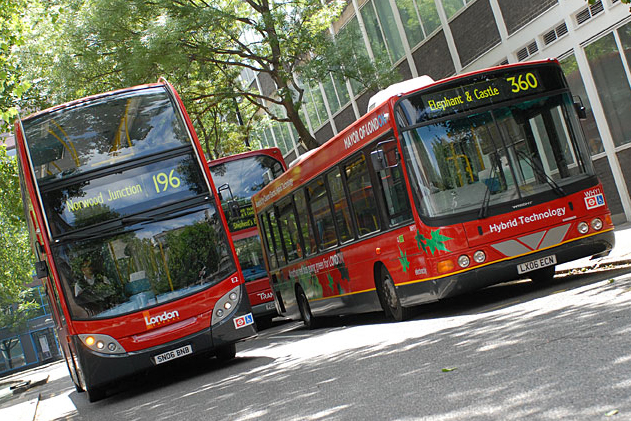
EE has confirmed its contactless mobile payments system, Cash on Tap, can now be used on 8,600 of the capital's buses.
This means commuters signed up to EE's mobile network and in possession of a Cash on Tap enabled smartphone can now use their devices to pay for bus travel across London.
The firm has also assured users that weekly and daily caps will be put in place to ensure Cash on Tap users are charged the same when using London busses as those sporting Oyster cards.
Therefore, a single bus fare will cost them 1.45, while daily bus fares will be capped at 4.40, which is in line with Oyster travel costs.
Furthermore, from 16 September, Cash on Tap users will also be able to use the service to pay for journeys on the London tube network, DLR and Overground train services.
Cash on Tap was launched by EE in 2013 and allows people to use their smartphones to pay for goods and services worth less than 20 at more than 300,000 locations across the country.
Pippa Dunn, chief consumer marketing officer at EE, said the service will make paying for bus journeys faster and simpler for commuters.
Get the ITPro daily newsletter
Sign up today and you will receive a free copy of our Future Focus 2025 report - the leading guidance on AI, cybersecurity and other IT challenges as per 700+ senior executives
"More people use London's buses than all the other bus services across the country combined, so the need for speedy and simple payment solutions is paramount," said Dunn.
"That's why we've been working hard to bring our contactless mobile payments service, Cash on Tap, to TFL's network removing the need for customers to queue for a ticket, or hunt through their pockets and bags to find the right card."
Contactless payments are fast emerging as the preferred way to pay for lots of people, with data from credit card firm Visa Europe revealing today an 18 per cent rise in the number of people using them to pay for goods between April and May 2014.
In real terms, consumers used contactless card payments during 19.7 million transactions across the UK in May.
That month also set a new record for the total value of transactions made via contactless cards in a single month in the UK, peaking at 126.7 million.
This represents a 14 per cent rise compared to the previous month.
Mark Austin, director of contactless at Visa Europe, said the adoption of contactless payment methods is growing at a "phenomenal" rate.
"[This is] driven by increased consumer awareness, the commitment of UK banks to issue Visa contactless cards and UK retailers activating contactless terminals," he added.
-
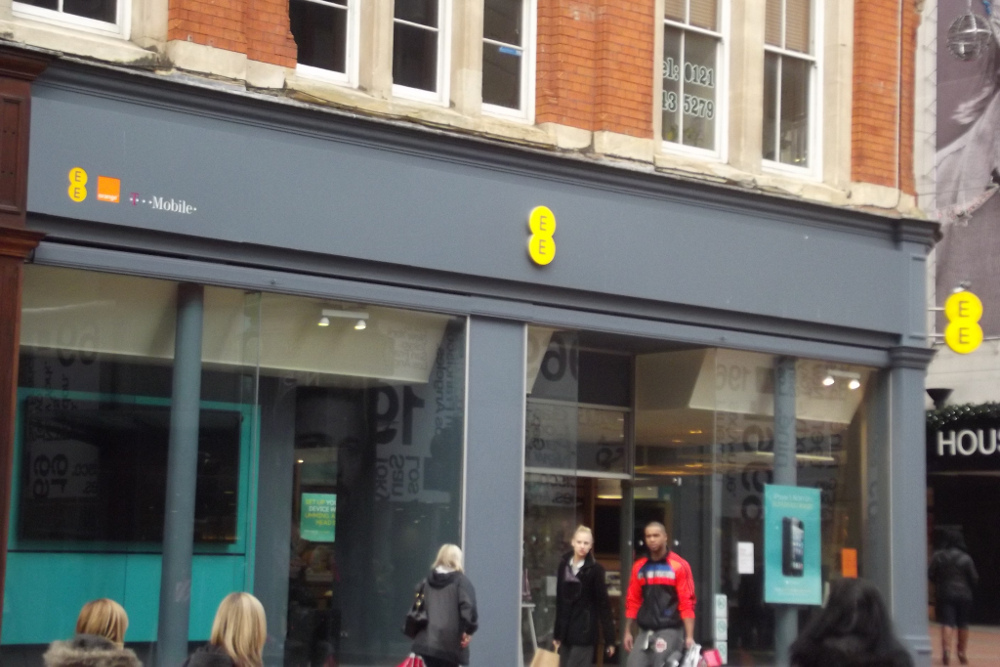 EE accelerates exploding Power Bar recall
EE accelerates exploding Power Bar recallNews Customers urged to return all portable chargers, as they could be a "fire safety risk"
By Clare Hopping
-
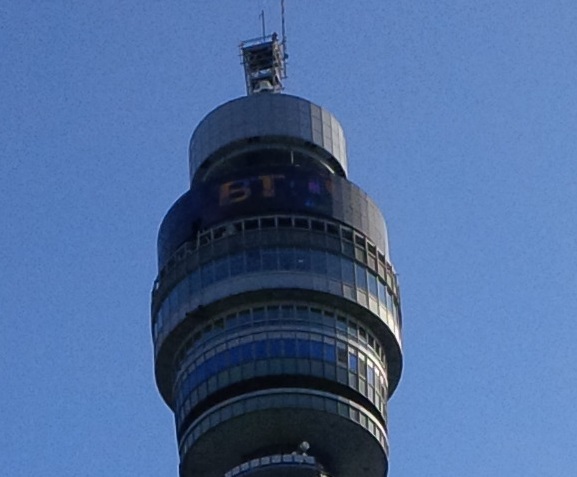 BT returns to mobile market with super-cheap 4G
BT returns to mobile market with super-cheap 4GNews But can the telco muscle in on mobile without offering top-end consumer phones?
By Joe Curtis
-
 TfL trials interactive bus stop technology in Regent Street
TfL trials interactive bus stop technology in Regent StreetNews TfL teams up with Clear Channel UK to bring real-time, interactive travel information to tourists and commuters.
By Caroline Donnelly
-
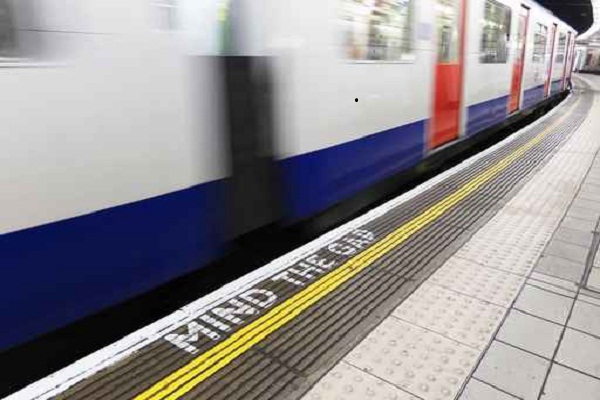 TfL to switch from Microsoft's Bing service to Google Maps
TfL to switch from Microsoft's Bing service to Google MapsNews Revamped Transport for London website will debut later this year with improved mobile, mapping and navigational controls.
By Caroline Donnelly
-
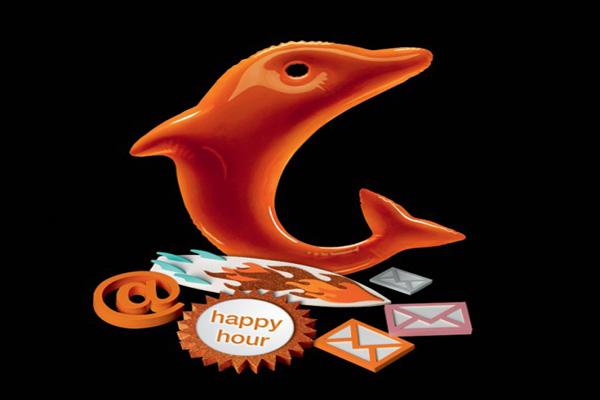 A data shock warning for Orange customers
A data shock warning for Orange customersIn-depth Orange didn't tell Tom Brewster he was going to lose his data bundle. Here's why it has made him angry...
By Tom Brewster
-
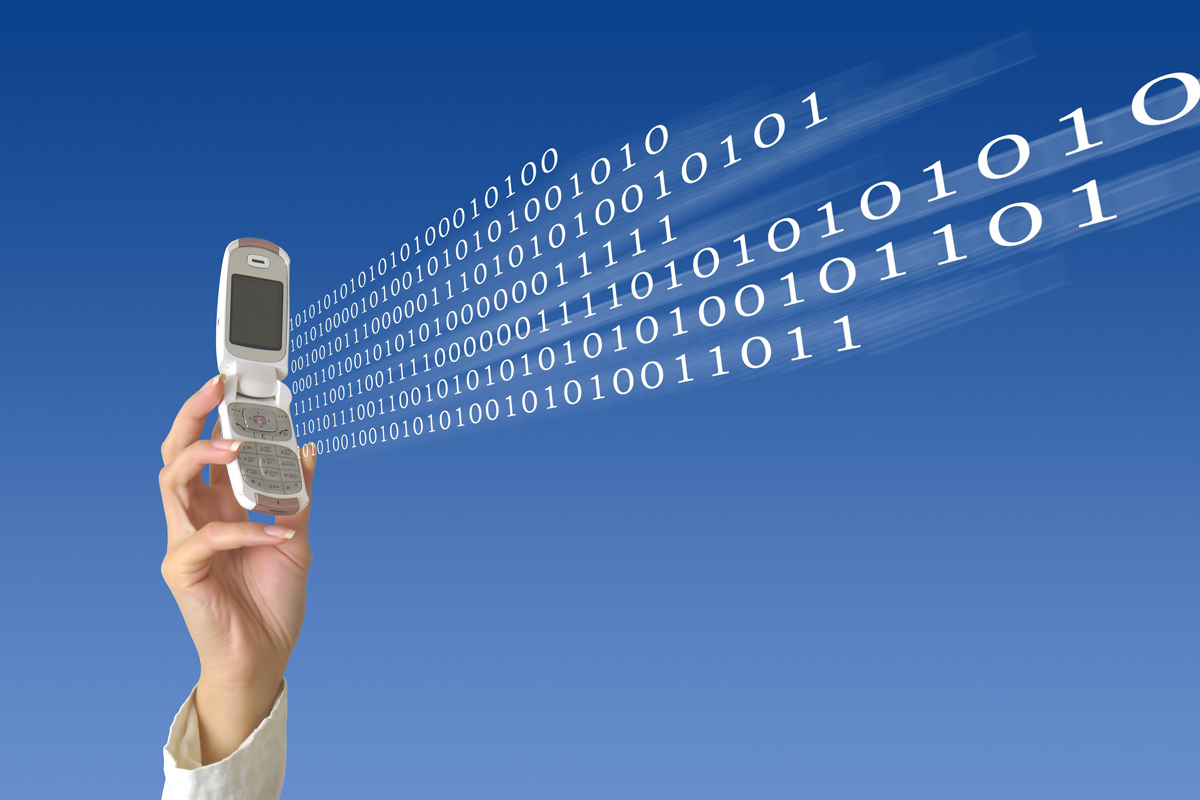 Orange and T-Mobile roll out 3G signal sharing
Orange and T-Mobile roll out 3G signal sharingNews The two mobile giants are now sharing 2G and 3G signals, affording customers even greater connectivity.
By Maggie Holland
-
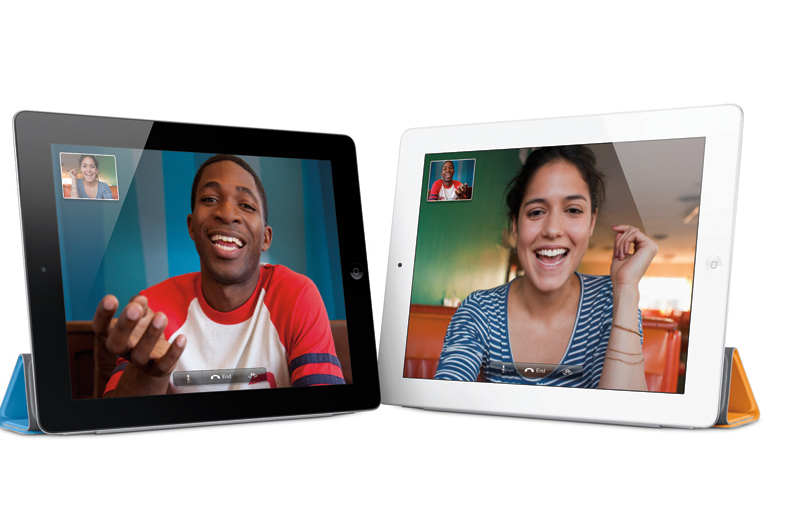 O2 not selling iPad 2, so who is?
O2 not selling iPad 2, so who is?News So far, only Everything Everywhere has confirmed it will be selling the iPad 2.
By Tom Brewster
-
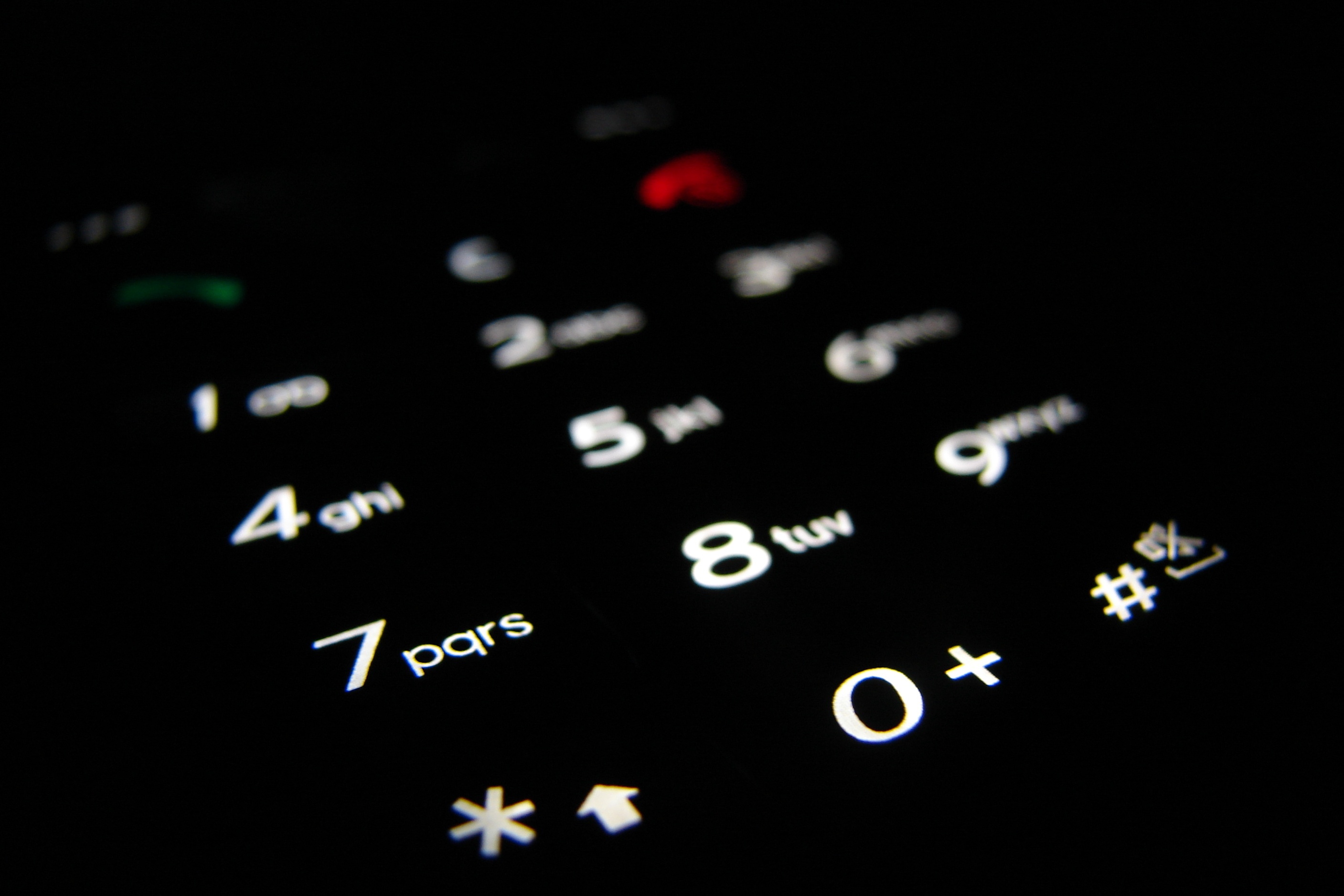 Mobile contactless payments coming this summer
Mobile contactless payments coming this summerNews Barclaycard and Everything Everywhere have teamed up to bring contactless payment capabilities to mobile phones.
By Jennifer Scott

